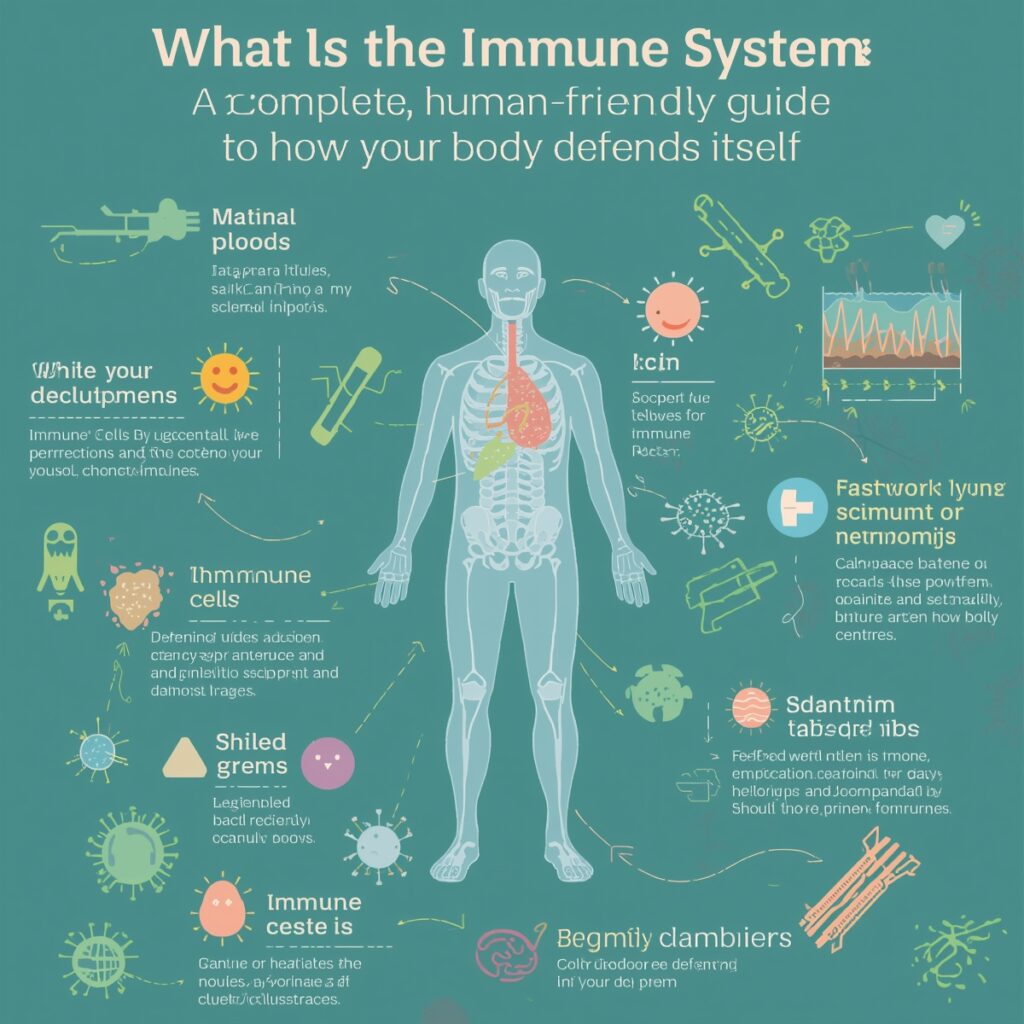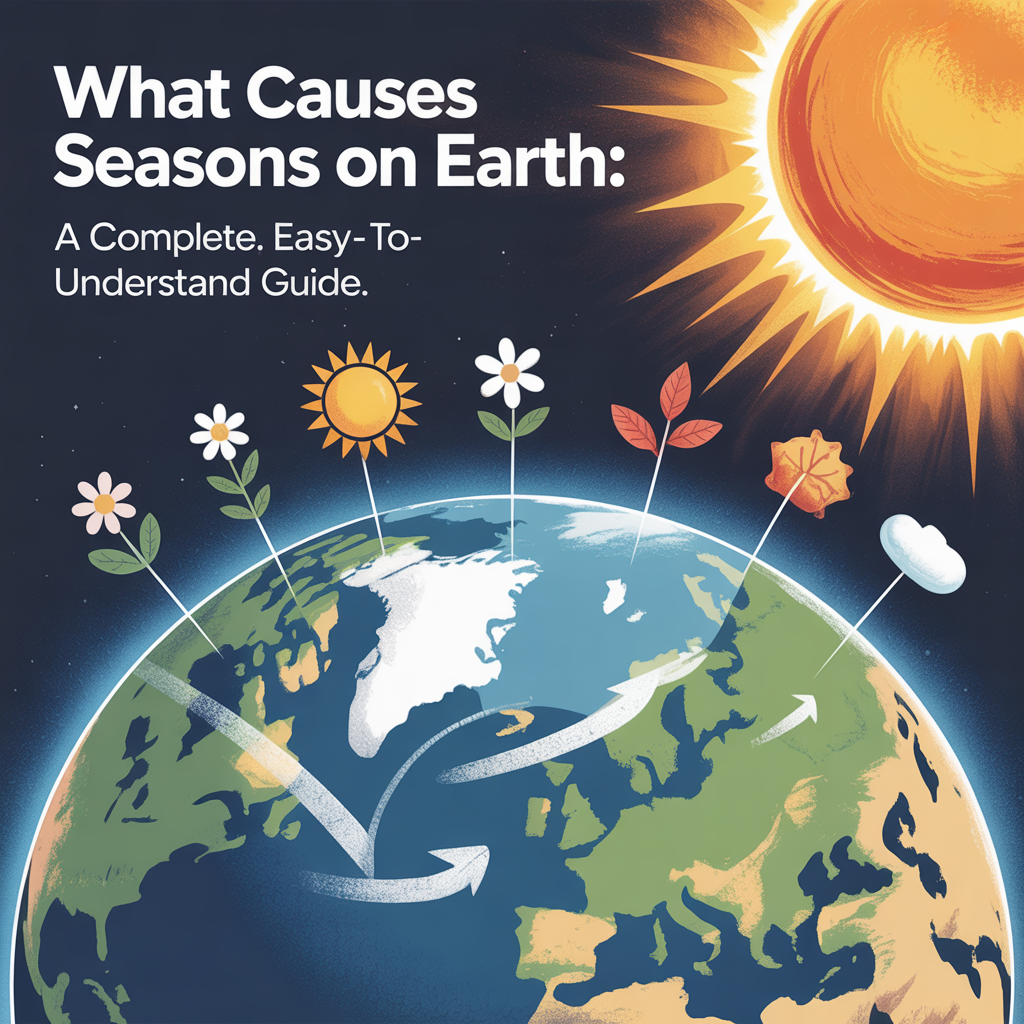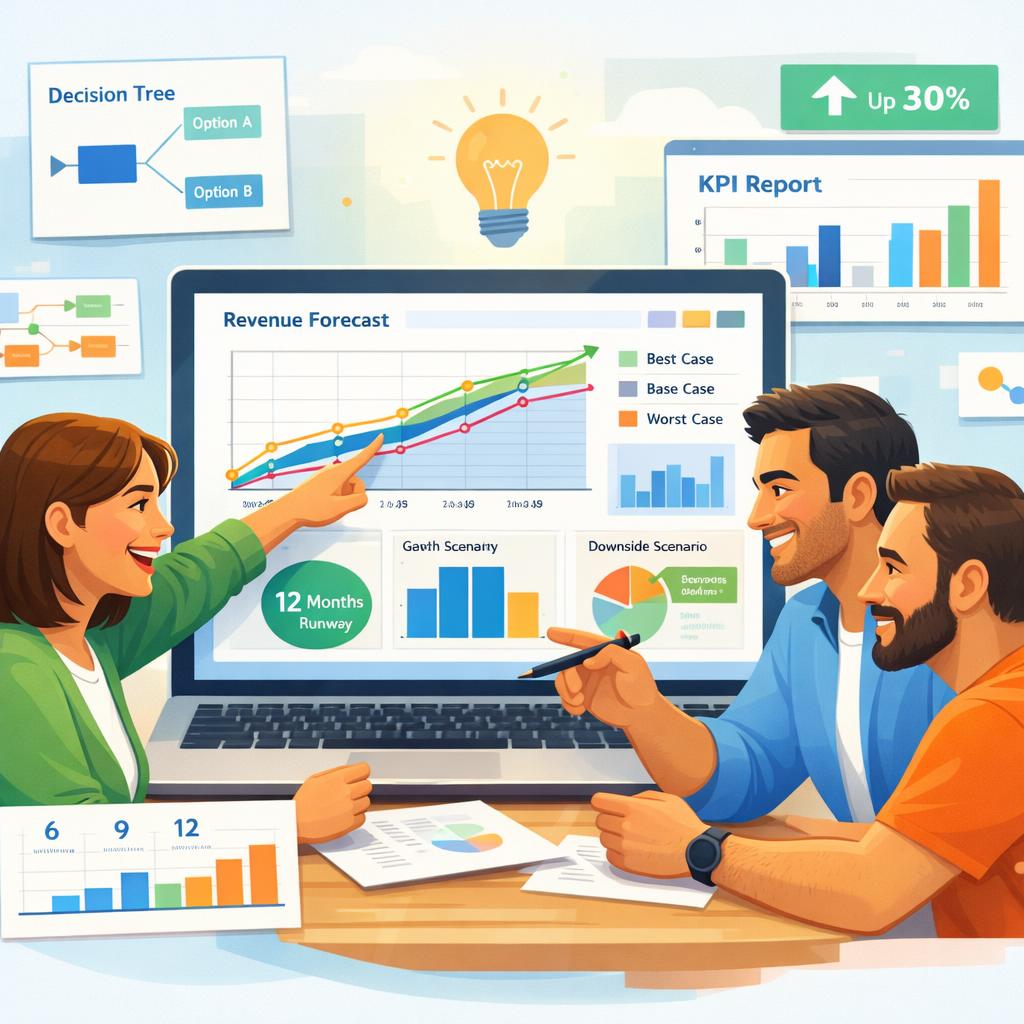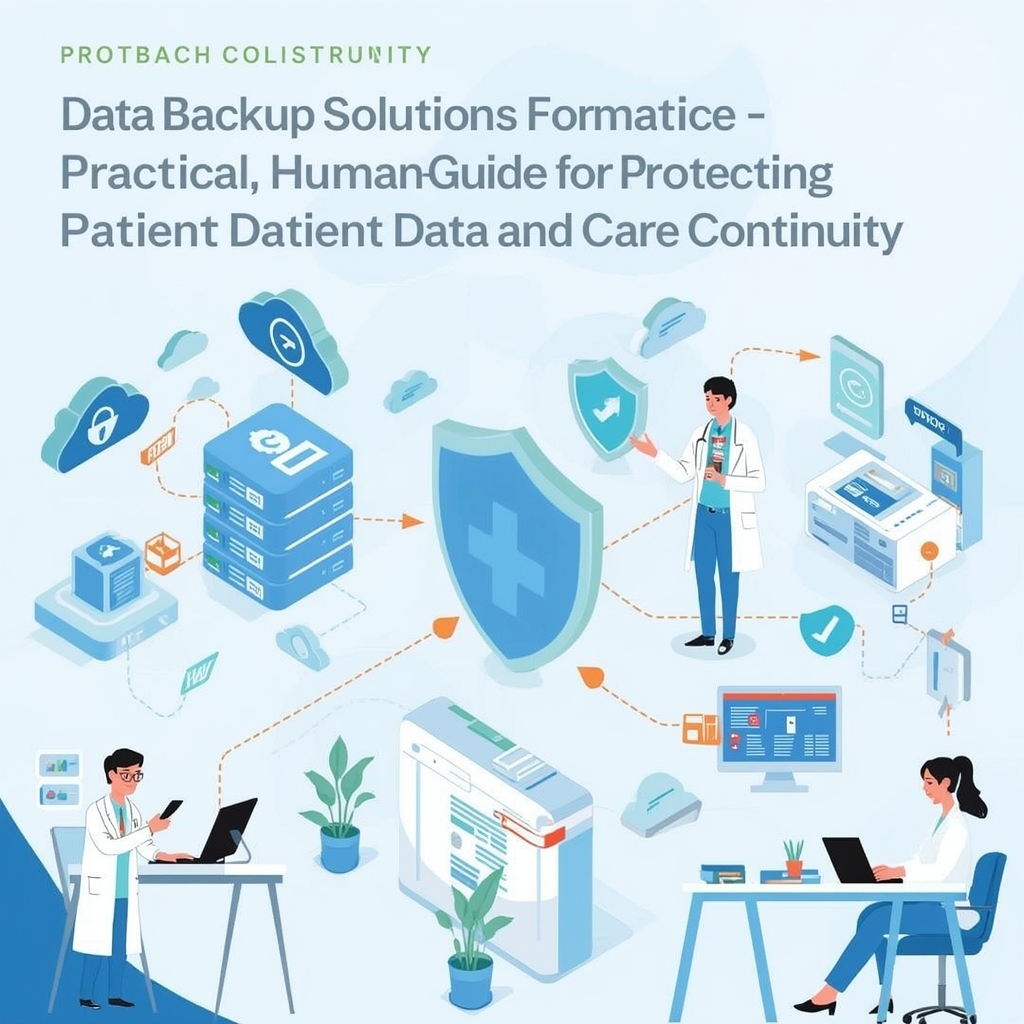Why Climate Change Is a Global Crisis – Understanding the Urgency
Why climate change is a global crisis is no longer a distant debate—it’s a reality shaping lives worldwide. From rising sea levels to extreme weather, its effects are everywhere, and they touch health, food security, and the global economy. What makes climate change urgent is that it does not stop at borders; its impacts are shared by all nations, regardless of wealth or geography. Understanding the causes, consequences, and solutions to climate change is the first step toward protecting our future. In this guide, we’ll explore why it matters, how it affects us, and what we can do together.
Understanding What Climate Change Means
Climate change refers to long-term shifts in temperatures and weather patterns, mainly caused by human activity. Burning fossil fuels like coal, oil, and gas increases greenhouse gases in the atmosphere, trapping heat and warming the Earth. While climate shifts have happened naturally in the past, today’s changes are happening at an unprecedented rate due to human influence. This rapid warming disrupts ecosystems, melts glaciers, and intensifies storms, making climate change one of the most pressing challenges humanity faces.
Why Climate Change Is a Global Crisis
The reason climate change is described as a global crisis is because it affects every nation, every community, and every person on Earth. Unlike local environmental problems, climate change cannot be contained. Rising oceans threaten coastal cities, droughts harm agriculture, and heatwaves endanger human health. Its global reach means that even if one country reduces emissions, the impact of others still matters. This shared responsibility is why international cooperation is essential to tackle the crisis effectively.
The Role of Climate Change in Everyday Life
Climate change isn’t just about distant melting glaciers or polar bears. It affects daily life in countless ways. Farmers face reduced crop yields due to shifting weather patterns. Families experience higher utility bills as temperatures rise. Cities face flooding risks, while rural areas deal with wildfires and water shortages. Even our food choices and health outcomes are influenced by climate-related changes. Recognizing how climate change connects to everyday living makes the crisis personal and harder to ignore.
How Climate Change Impacts Health and Safety
One of the strongest reasons why climate change is a global crisis is its effect on human health. Rising temperatures increase the risk of heatstroke, dehydration, and respiratory diseases. Air pollution from fossil fuels worsens asthma and other conditions. In many regions, changing climates also expand the spread of infectious diseases carried by mosquitoes and ticks. Extreme weather events like hurricanes, floods, and wildfires not only cause injuries but also create long-term trauma for affected communities.
The Economic Costs of Climate Change
Climate change carries a heavy economic price tag. Extreme weather destroys infrastructure, disrupts supply chains, and costs billions in damages. Agriculture suffers from unpredictable seasons, reducing food supply and raising prices. Insurance companies face growing losses, while governments must spend more on disaster recovery. For businesses and households alike, the economic instability caused by climate change shows why this issue is more than just environmental—it’s financial too.
How Climate Change Threatens Food and Water Security
Food and water are the foundations of survival, and climate change places both at risk. Prolonged droughts reduce crop yields, while floods destroy farmland. Warmer oceans harm fisheries, threatening seafood supplies. Meanwhile, water scarcity is increasing in many regions, forcing communities to compete for limited resources. This disruption of food and water systems can lead to malnutrition, hunger, and even conflict, highlighting why climate change is a global crisis we cannot ignore.
The Connection Between Climate Change and Migration
As climate impacts intensify, millions of people are being displaced. Rising sea levels threaten coastal communities, while droughts make farmland unusable. Climate-related disasters are forcing families to leave their homes, creating climate refugees. This mass migration places pressure on neighboring regions and fuels social and political tensions. The human cost of displacement is one of the most heartbreaking consequences of climate change and adds urgency to the need for global solutions.
The Role of Global Cooperation in Combating Climate Change
Since climate change knows no borders, solutions must be global. International agreements like the Paris Agreement aim to reduce emissions and keep global warming within safe limits. Developed nations are urged to support developing countries with technology and funding, since the impacts are felt most severely in vulnerable regions. Cooperation among governments, businesses, and communities is vital to transition toward renewable energy, sustainable agriculture, and greener economies.
What Individuals Can Do to Fight Climate Change
While governments and industries play a huge role, individuals also have the power to create change. Small choices, multiplied across millions of people, add up. Actions like reducing energy use, choosing renewable power, cutting back on waste, and supporting eco-friendly companies all matter. Advocacy is equally important—demanding stronger climate policies and spreading awareness ensures that climate action remains a priority at every level of society.
Challenges in Addressing Climate Change
Despite the urgency, addressing climate change isn’t easy. Resistance from industries tied to fossil fuels, political disagreements, and misinformation all slow progress. Many people also feel overwhelmed by the scale of the problem, leading to inaction. Overcoming these challenges requires education, transparency, and collective determination to prioritize long-term sustainability over short-term gains.
Final Thoughts
Understanding why climate change is a global crisis is essential for every person and every nation. It impacts our health, safety, economy, food, and future, making it one of the greatest challenges of our time. But it is also a challenge we can overcome if we act together. Through cooperation, innovation, and everyday choices, we can slow the impacts of climate change and build a more sustainable, resilient world. The crisis is urgent—but so is our ability to respond.











One Response
Can you be more specific about the content of your article? After reading it, I still have some doubts. Hope you can help me.